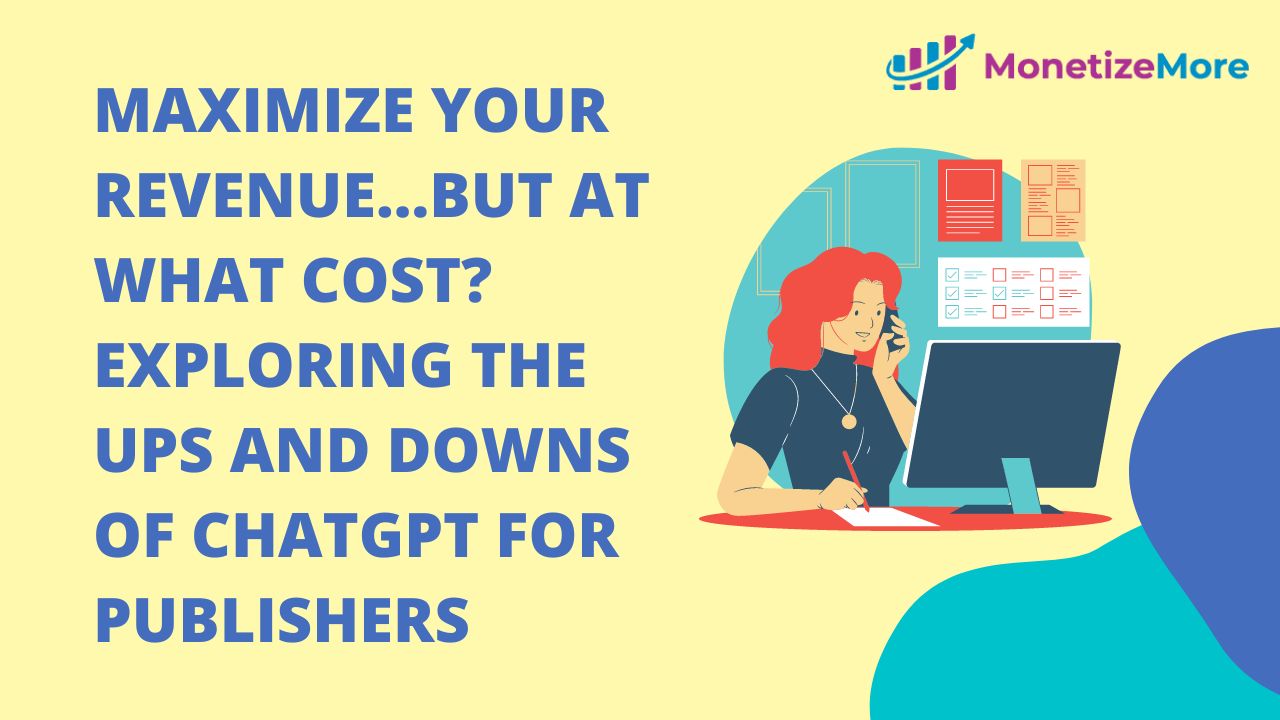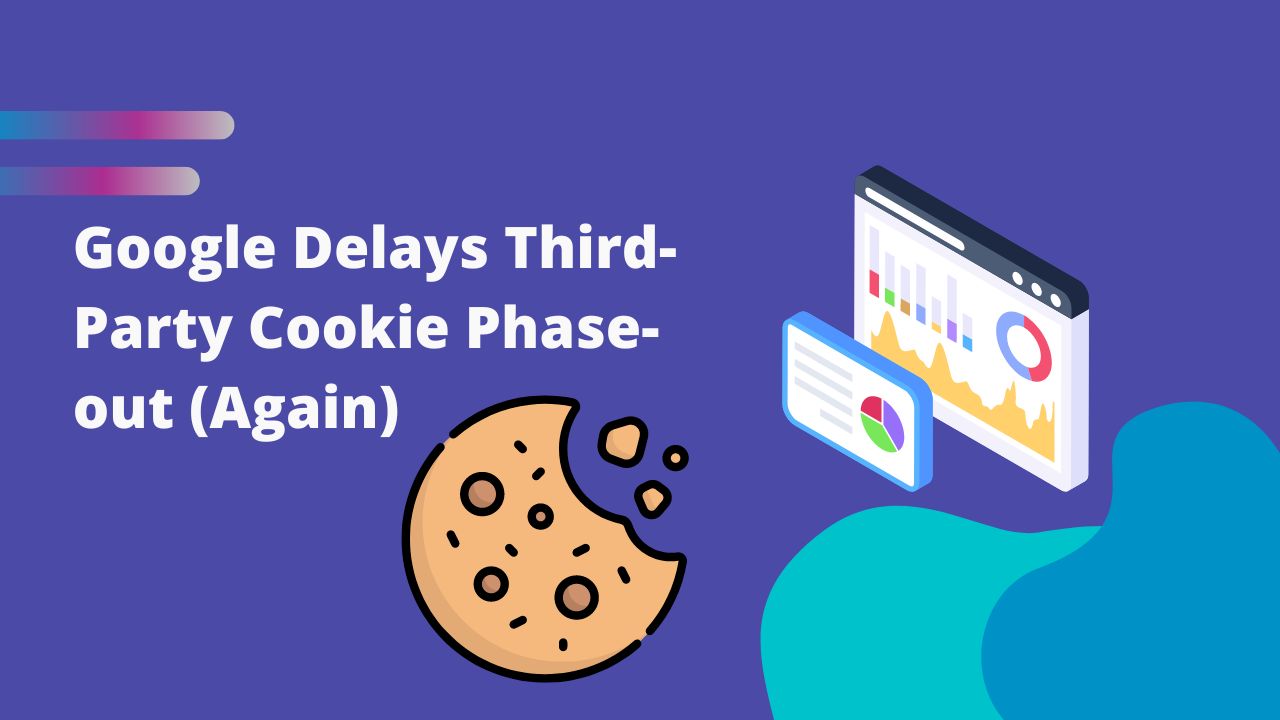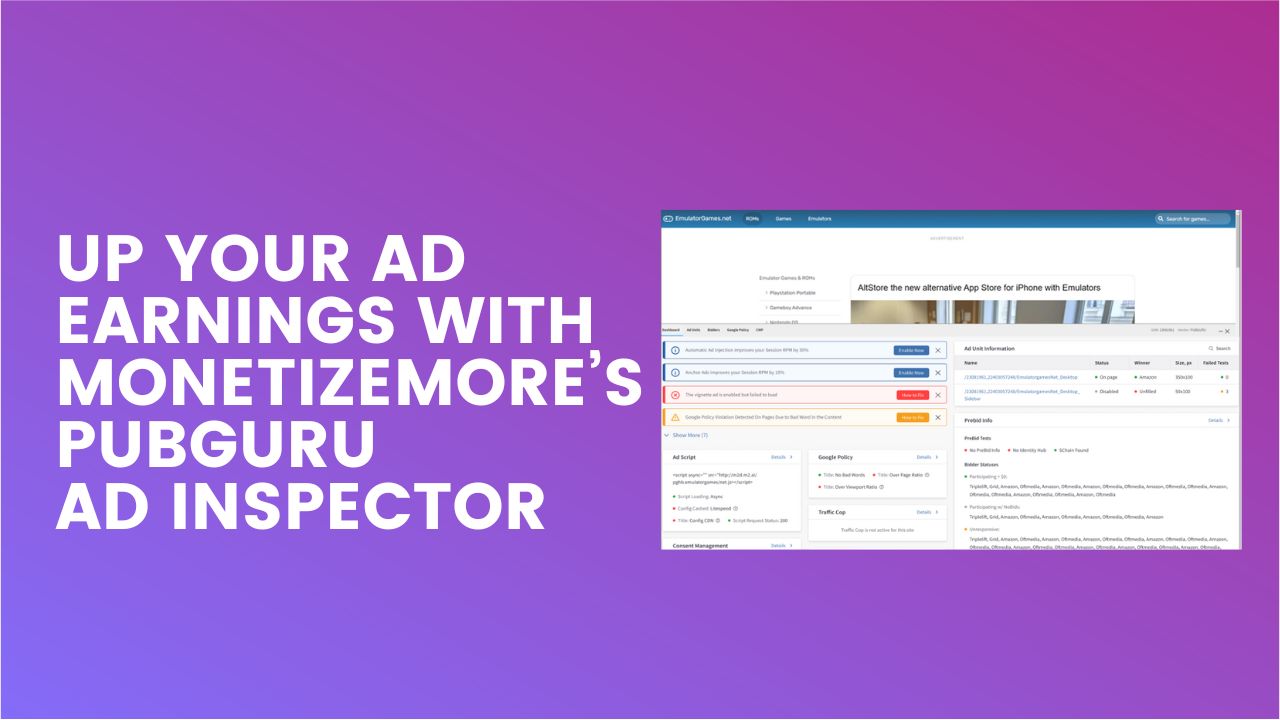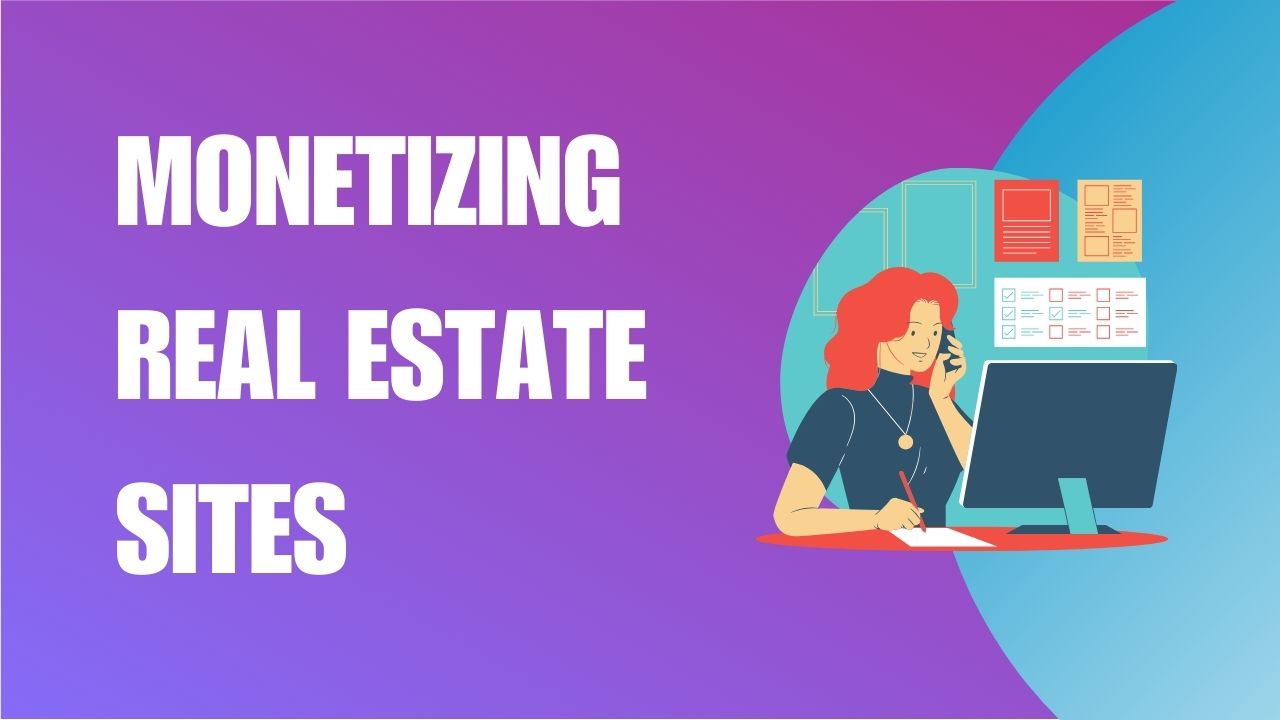
This post was most recently updated on May 18th, 2023
Since its introduction in November 2022, ChatGPT, an AI-powered content generation tool based on the GPT-4 architecture, has made waves in the publishing industry. This cutting-edge technology has the potential to revolutionize the way content is created, personalized, and distributed.
One of the key impacts of ChatGPT has been its ability to increase the speed and efficiency of content production. With its deep learning algorithms and natural language processing capabilities, ChatGPT can generate high-quality content in a matter of minutes. This has enabled publishers to produce more content in less time, resulting in a more dynamic and responsive online presence.
Another significant impact of ChatGPT has been its ability to enhance the quality and accuracy of the content. ChatGPT can analyze vast amounts of data and provide insights and recommendations that can help publishers optimize their content for SEO and search ranking. It can also personalize content for individual readers based on their browsing history, interests, and preferences, resulting in a more engaging and relevant user experience.
Furthermore, ChatGPT has opened up new possibilities for automating customer support and engagement. Chatbots and virtual assistants powered by ChatGPT can provide 24/7 support, answer common questions, and handle routine tasks, freeing up human resources for more complex and strategic activities.
This article breaks down the use cases, benefits, and downsides of ChatGPT for publishers.
ChatGPT has several use cases in the publishing industry. Here are some of the most notable examples:
These are some of the several use cases of the AI tool in the publishing industry, from content creation to customer support and engagement. By leveraging this innovative technology, publishers can improve their efficiency, enhance the quality and relevance of their content, and provide a more engaging and personalized experience for their readers.
While ChatGPT can provide significant benefits for publishers, it is important to follow best practices to ensure ethical, unbiased, and high-quality content generation. Here are some best practices for using ChatGPT:
By following these practices for using ChatGPT, publishers can ensure that they are generating ethical, high-quality, and relevant content that aligns with their objectives and standards. By combining AI-generated content with human input and editing, publishers can leverage the strengths of both AI and human expertise to create a more dynamic and engaging online presence.
Now let’s get to the downsides of the AI tool.
While AI-powered content generation tools like ChatGPT offer numerous benefits, it’s important for publishers to use them in the right way. One potential pitfall is relying solely on machine-generated content and neglecting the human element.
Firstly, machine-generated content can lack the creativity, nuance, and personality that comes with human writing. AI tools are programmed to follow certain rules and patterns, which can limit their ability to think outside the box or provide unique perspectives.
Secondly, machine-generated content may lack a human touch that readers can connect with. Authenticity and relatability are key elements in building an audience and fostering engagement. If content feels cold, sterile, or robotic, it may turn off readers and ultimately harm the publisher’s brand.
Lastly, there is the potential for ethical concerns when using AI-generated content. While AI tools are designed to mimic human behavior, they are ultimately programmed by humans and can inherit their biases and prejudices. This can lead to problematic content that perpetuates stereotypes, misinformation, or harmful messages.
While AI-powered content generation tools can offer many benefits, it’s important for publishers to use them in conjunction with human input and editing. A balanced approach that combines the efficiency of AI with the creativity and authenticity of human writing is likely the most effective way to leverage these tools in publishing.
One concern some may have about the rise of AI-powered content generation tools is the possibility of a flood of repetitive, copycat content saturating the market. However, this fear may be unfounded for a few reasons.
While AI tools can generate content quickly and efficiently, they still require input and guidance from humans. Publishers must provide the AI with clear instructions, topics, and parameters, which can limit the extent of copycat content. Additionally, human editors and writers can review and refine the content generated by AI to ensure it is original and valuable.
AI-generated content is not always a one-size-fits-all solution. Different publishers have different niches, audiences, and styles, which can result in unique content even when using the same AI tool. Moreover, AI tools can be trained and customized to better suit the publisher’s specific needs and preferences, resulting in even more diversity in content.
The demand for high-quality, original content is still very much present. While AI-generated content may offer efficiency and speed, it cannot replace the creativity, storytelling, and expertise that come with human writing. Publishers who prioritize quality and authenticity are unlikely to rely solely on AI-generated content.
While there may be concerns about copycat content flooding the market, it’s unlikely that AI-generated content will lead to a tidal wave of redundancy. A balanced approach that incorporates both AI-generated and human-written content is likely the most effective way to leverage these tools in publishing.
Content is critical to your success as an online publisher, but so is monetization. What if you were missing out on ad revenue that can help take your business to a whole new level? That’s where MonetizeMore comes in! We’re a Google Certified Publisher Partner and have partnered with hundreds of publishers to help them maximize their ad revenue.
So many publishers are using bad ad layouts, outdated ad optimization techniques, not implementing header bidding, and leaving money at the table. Meanwhile, MonetizeMore is on your side to help you avoid the downsides of AI while leveraging the best opportunities and revenue it brings powered by our dashboard. Want to grow your revenue? Let’s talk!

With over seven years at the forefront of programmatic advertising, Aleesha is a renowned Ad-Tech expert, blending innovative strategies with cutting-edge technology. Her insights have reshaped programmatic advertising, leading to groundbreaking campaigns and 10X ROI increases for publishers and global brands. She believes in setting new standards in dynamic ad targeting and optimization.

Paid to Publishers
Ad Requests Monthly
Happy Publishers



10X your ad revenue with our award-winning solutions.